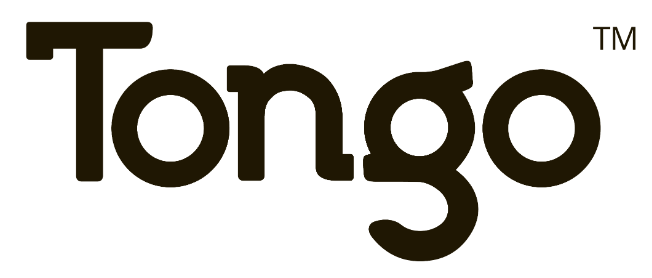How to Adapt to Remote Work Trends in Real Estate
As the shift to remote work continues to reshape the housing market, real estate agents must adapt to evolving buyer preferences and trends to stay competitive. With more companies allowing flexible work arrangements, homebuyers are seeking properties that fit their new lifestyles, leading to increased demand in suburban, rural, and even vacation home markets. Here’s how real estate agents can adapt to these changes and seize opportunities in this new landscape.
Stay Informed on Shifting Buyer Preferences
Remote work has changed what many buyers look for in a home. Features like home offices, spacious layouts, and access to outdoor space have become more desirable. Buyers who are no longer tethered to a specific location for work may also prioritize homes in areas with lower costs of living or better quality of life, even if it means being farther from major cities.
As an agent, you need to stay ahead of these trends. Conduct research on local and regional market shifts, and understand which features are most appealing to remote workers. For example, knowing which neighborhoods offer high-speed internet and access to coworking spaces can make you a valuable resource to clients with remote work needs.
Expand Your Market Reach
Remote work is fueling interest in areas outside of traditional commuting zones. Many buyers are considering homes in suburban and rural areas where they can get more space for their money. This creates an opportunity for real estate agents to expand their reach and serve new markets.
If you’ve traditionally focused on urban markets, consider familiarizing yourself with nearby suburban or rural communities. Partner with agents in those areas or invest in marketing that targets remote workers looking to relocate. The flexibility of remote work means your potential buyer pool has expanded—take advantage of it by broadening your expertise.
Leverage Virtual Tools
With remote work comes a reliance on digital tools, and real estate agents should follow suit. Offering virtual tours, 3D walkthroughs, and video conferencing for meetings allows you to serve clients no matter where they’re located. These tools not only help you cater to out-of-town buyers but also make the buying process more efficient for busy professionals.
Investing in virtual tour software and becoming proficient in online communication platforms like Zoom can help you stand out as an agent who’s adaptable to the new norm. Providing a seamless online experience will attract remote workers who are used to handling their day-to-day tasks digitally.
Highlight Flexibility in Listings
Homes that cater to flexible lifestyles are now more appealing than ever. When marketing a property, highlight features that remote workers value, such as designated office spaces, outdoor areas, and proximity to recreational activities. If a home offers the potential for a great home office or an additional room that can be transformed into a workspace, make sure it’s front and center in your marketing materials.
Additionally, emphasize the adaptability of the home—whether it’s a cozy spot in the countryside or a spacious suburban house. Showcase how the property supports a work-life balance, which many remote workers are seeking.
Strengthen Your Online Presence
Since remote workers are tech-savvy and often begin their home search online, it’s crucial that your online presence reflects your expertise. Regularly update your website, blog, and social media with market insights, virtual tours, and tips for remote workers considering relocation.
Make sure your digital marketing targets buyers interested in remote work-friendly areas. Consider using search engine optimization (SEO) strategies to rank for relevant terms like “best cities for remote work” or “homes with home office space,” positioning yourself as the go-to agent for remote buyers.
The remote work trend has significantly impacted the real estate market, offering exciting opportunities for agents who are willing to adapt. By staying informed on buyer preferences, expanding your market reach, leveraging virtual tools, and catering to the needs of remote workers, you can position yourself as a leading agent in this evolving space. Embrace these trends, and you’ll not only meet the needs of today’s buyers, but also future-proof your business for years to come.


